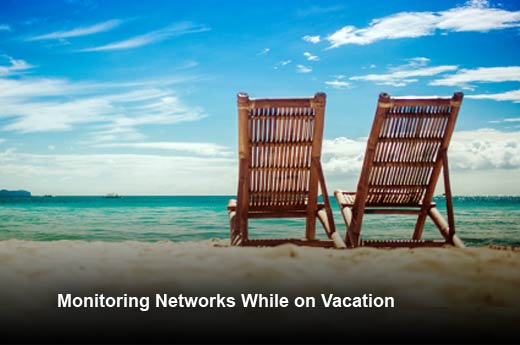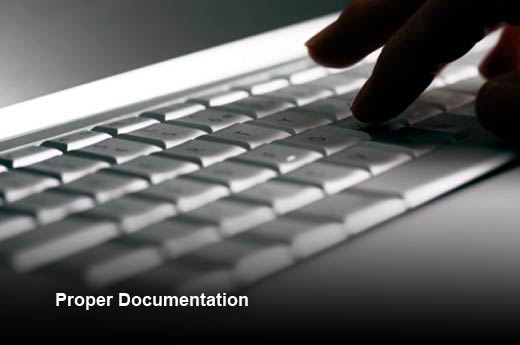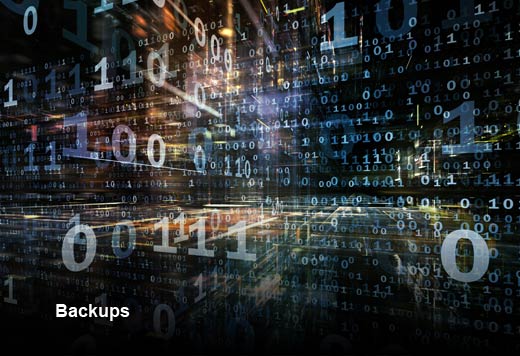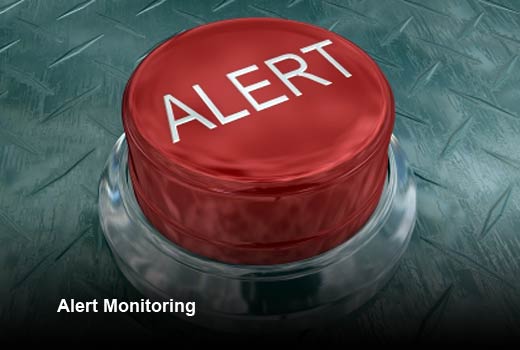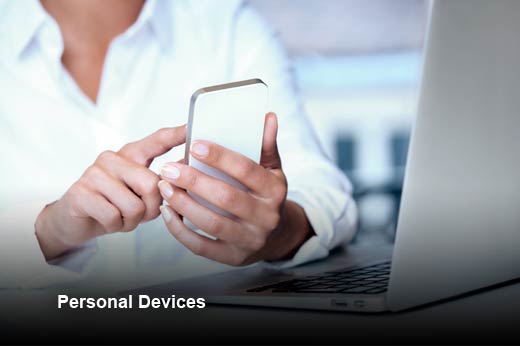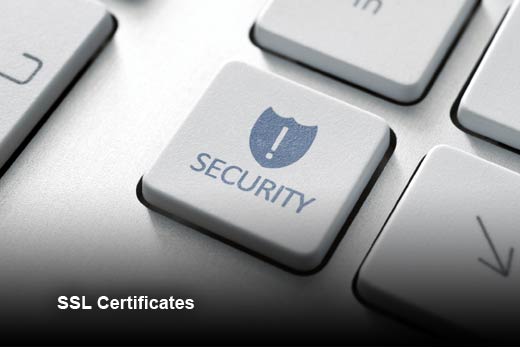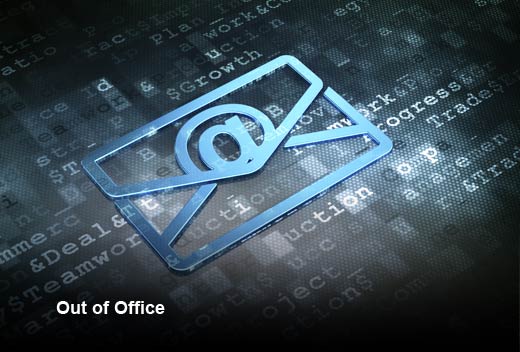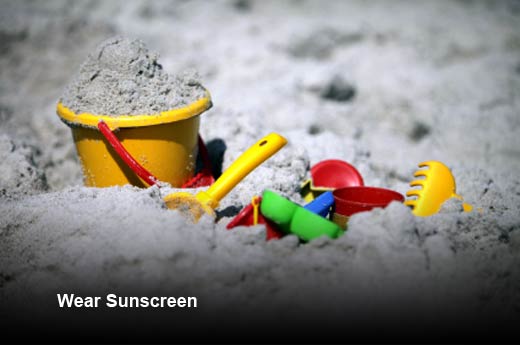Today’s networks are increasingly complex, as unending waves of new technology, including the cloud, BYOD, virtualization, Internet of Things (IoT) and mobile all compete for bandwidth. Because of this, ensuring the 24/7 availability, reliability and performance of their mission-critical networks, servers and business applications is of the upmost importance – and makes an IT manager’s job as demanding as ever. That is why a summer vacation is much deserved for IT professionals – so they can rest and recharge for their next big project.
But just because an IT manager has a day (or more) planned for fun in the sun, it doesn’t mean they can ignore their company’s networks and servers. In fact, in many cases IT managers may only have limited staff, or even be the only person in charge of network upkeep. That means that even while on vacation, today’s IT pros feel the pressure to keep their networks afloat and running seamlessly.
The following tips from Ipswitch Senior Product Manager Jim Cashman are designed to give IT pros a way to ensure that their networks are operating smoothly and securely while they are out of the office – letting them enjoy their summer vacation.
Monitoring Networks While on Vacation
Click through for nine tips IT pros can use to help keep their networks running smoothing, even when they’re away from the office for much needed R&R, as identified by Ipswitch.
Proper Documentation
IT pros should create internal documentation mapping their basic infrastructure with simple descriptions of what their servers do and how to recover from common failures. This should come with a directory of your vendors with email addresses, telephone numbers, and maintenance contract information. This way, a reference guide on how to address network issues is always available even in your absence. There are tools available to help IT pros write this documentation and make it easily accessible throughout their organization. Get yourself a good Wiki software package. Many are free, but Atlassian’s Confluence product comes highly recommended.
Backups
Are your backups in order (you do have backups, right)? Even in this day of online file sharing services, like Dropbox or Box, you still need good backups, if only to recover from user error when someone accidentally deletes a file. This could certainly be a cloud-based solution, but make sure it has the ability to “go back in time” and show the state of your files at various points in the past. If you still use tape media for backups, who will handle the rotation in your absence? And, does that person know how to restore a file?
Keep It Cool
A server room or data center of any significant size will have a dedicated cooling system to keep things chill, of which the importance escalates during the dog days of summer – a server room’s temperature can easily get over 100-degrees fahrenheit even in a short cooling outage. Before checking out for vacation, IT pros should make sure their air conditioning systems are in order. Keep the maintenance contact information next to the thermostat, as well as deploying a spot cooling device in case the A/C fails. When was the last time your equipment was serviced? It might be a good idea to schedule a tune-up before departing.
Human Intervention
Many scheduled processes require human intervention, such as cleaning up log files before a disk fills. Of course, IT pros should be scripting as many of these as they can. But, if everything hasn’t been scripted, they should dedicate someone in charge of making sure these processes continue to run in their absence. IT pros should make sure that the scripts that they do have include several checks in them to prevent a run-away condition that keeps doing the wrong thing, over and over.
Alert Monitoring
A proper monitoring system is needed to alert IT pros to issues at hand. The best monitoring systems are able to send alerts based on a schedule. For example, during a normal business day, IT pros might want to be alerted for a variety of issues, such as bandwidth utilization and ping latency. On vacation, however, they might want to be notified only of bigger issues, such as when a critical application has failed. Being connected to alerts 24/7 can help IT pros relax knowing that everything is running smoothly back at the office. They deserve to take a worry-free vacation too.
Personal Devices
IT pros should test their personal laptops and other devices to make sure the VPN connection works. Making sure they can log into the network while away is especially important if their normal PC is a desktop and they only use their laptops a few times a year. Also, IT pros may have trouble logging in if they changed their company’s VPN, firewall or Active Directory setup months prior to going on vacation. It’s essential to make sure all personal devices can access the network before taking off for vacation.
SSL Certificates
There is nothing more embarrassing to IT pros if their websites start to announce to the world that their certificates aren’t in order. Make sure the expiration dates are up-to-date before taking a few days off so none expire when least expected. Again, a good monitoring package can warn IT pros of these things long before they become a crisis. If they are not being monitored, IT pros should at least manually check all their certificates before going on vacation.
Contact Information
In the ideal world, no one would call you while on vacation for something like getting the latest version of MS Office installed. Somehow, using your powers of persuasion, you’ll make sure everyone understands that, and what your limits are. But, if there is a bona fide emergency, IT pros really should be available to help out, no matter what their vacation calendar says. This is especially important if they are the sole practitioner, or only have a junior administrator’s help – IT pros still have ultimate responsibility and need to act accordingly.
Out of Office
IT pros should turn on their out-of-office messages in email. The ultimate decision is left up to them on whether or not to include direct contact information here. If they have a good surrogate at the office, it’s probably enough to refer to that person, and let that person make the decision on who needs to be contacted for the issue at hand.
Wear Sunscreen
And last but not least, once your backups and alerts are in order, the A/C is on full blast in the server room, and people know how to contact you in case of an emergency, don’t forget the sunscreen in the rush to get out the door! Being burnt on vacation is never fun – and sunscreen can prevent skin damage!


